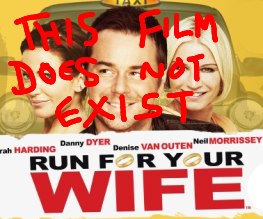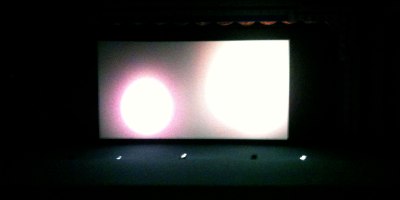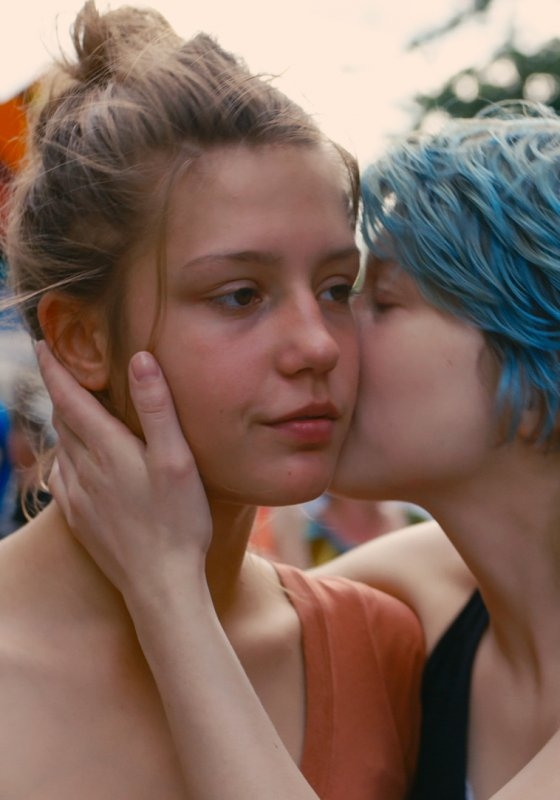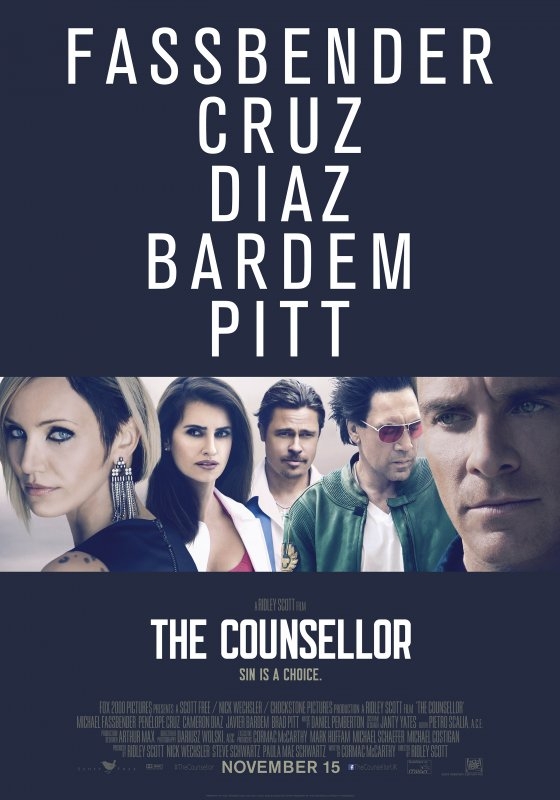Run For Your Wife

As far as I’m concerned, this week’s top news has been the spectacular box-office failure of Run For Your Wife, the film which has been described as “as funny as leprosy” (take that up with Aardman) despite apparently starring everyone who was famous in the 70s and is still alive, plus Danny Dyer and one of the Girls Aloud. The film wasn’t screened for press and is now confined to a handful of Odeon Senior Screen matinees, cheap and inoffensive screenings beloved of the nominally housebound and mentally ill-at-ease. Normal people don’t go to Swiss Cottage at eleven in the morning to watch dreadful films with old people, obviously, but in my quest for journalistic integrity and free biscuits I made it there yesterday. I was expecting ninety minutes of understated misery; the last thing I could have anticipated was the immersive theatre performance of a lifetime.
In a feat of misdirection comparable to Joaquin Phoenix and Casey Affleck’s masterful publicity work for I’m Still Here, the British public has been allowed to believe that Run For Your Wife is an adaptation of Ray Cooney’s long-running 80s stage farce of the same name. As the trailer above purports to demonstrate, the film stars Danny Dyer, a sadly diminished Neil Morrissey and some identikit ladettes in a tedious tale of (certainly) bigamy, (probably) bigotry and (inevitably) Christopher Biggins. So far, so crushingly dull. But from the moment I arrived at the Odeon in Swiss Cottage, my experience of next-level interactive events such as Future Cinema hinted at something more complex than a simple film. Everything seemed curiously heightened – the girl who sold me my ticket was unrealistically chirpy for someone who works in a chain cinema, the old ladies were talking with improbable conviction about Rolf Harris, and the thirty-something bloke with a leather jacket and ringlets would clearly never exist in the real world. My anticipation rose as a skinny chap (who I’m fairly sure was in Misfits) directed me to Screen 2. It was dark.
I settled down in an aisle seat, strategically chosen to maximise the distance between myself and the two members of the ‘audience’ who looked most likely to involve me in some awkwardly ‘spontaneous’ interaction, without paying any attention to my designated seat number. This was an error; I was still taking in the surroundings when a shy young man with Down’s Syndrome pointed out that I was in his place. I got up, embarrassed, and moved across the room to within eavesdropping distance of Ringlet Bloke and his elderly companion. More people – a mix, presumably, of punters and carefully disguised actors – filed in, until 14 of us were seated. There was still nothing onscreen. Tension gradually saturated the stalls, stretching and unfurling in the dark like forced rhubarb; the room vibrated with the intensity of twenty-eight eyes staring at what was essentially a wall.

Just as I felt as if I might need a breather, an usher appeared to apologise for the technical difficulties delaying the ‘screening’ – a clever twist which reasserted the fantasy that we were there to see a film. Ringlet Bloke’s friend swept out of his seat to inform the room that he was involved in a production of Ivor Novello’s last musical at the Jermyn Street Theatre (a disguised plug for a future immersive event?), his theatrical bearing betraying his background more than his awkwardly casual clothing. What was real? Was I the only genuine member of the audience? Across the aisle, a man in a red jumper contacted me through Twitter to reassure me that “We can do this”. After another fifteen minutes of anticipation, the screen actually seemed to be throbbing – I suspect we were entering a joint meditative state brought on by mass anxiety and free custard creams. And then, as suddenly as it started, it was over; in a closing scene as fantastically absurdist as anything Antonin Artaud ever devised, a previously unseen American appeared to offer us complimentary tickets to Die Hard or This is 40. Bewildered, vision blurring, I stumbled into the street to collect myself.
I don’t mind admitting that making sense of what I saw yesterday has proved to be very difficult. The illusion was absolute – hours after my return to the Best For Film office, an Odeon representative was still sending me solicitous Twitter messages apologising for their ‘failure’ to show the film. Is there no end to Ray Cooney’s ingenuity, or the power he wields in his tiny, liver-spotted fist? The huge list of bygone celebrities who were willing to lend their names to this risky, avant-garde production is testament to his reputation, while the intoxicating genius of Run For Your Wife speaks of a director at the absolute cutting edge of his profession. The mockumentary has largely run its course as a cinematic conceit, but Cooney’s fresh take on the genre – a theatrical piece built around the anticipation of a film that simply does not exist – is breathtaking.

It is, of course, impossible for me to speak with any authority on the performances at other ‘screenings’ of the ‘film’, but Swiss Cottage audiences will be utterly absorbed by the local cast. Although I have not been able to track down the actors’ names, I was particularly taken with Ivor Novello Man’s willingness to transcend the previously understated nature of the performance, wrenching us further into the absurd, and American Odeon Employee’s compelling final speech. Plus, of course, it’s worth bearing in mind the Academy’s long-standing appreciation for actors who are able to sensitively portray disability – Man in Seat G10 gave a wonderful, affecting performance that has ‘Best Supporting Actor’ written all over it.
Perhaps the most chilling aspect of Run For Your Wife – certainly the part that has stayed with me most – is the phenomenal sense of suspense that builds throughout the piece and beyond. Even now, I can’t quite shake the fear that I’m suddenly going to jerk awake and find myself back in the darkened cinema, watching the opening credits roll and Danny Dyer swagger onto the screen. The threat of actually having to watch the film surrounds and permeates the entire performance, hanging overhead like a cinematic Sword of Damocles forged from pure Hitchcockian suspense. Ray Cooney’s inspired harnessing of the Zeigarnik effect – the curiously human propensity to remember better those things which are unresolved – ensures that nobody who sees Run For Your Wife will ever truly be able to forget it.





THIS IS THE WORST FILM I’VE EVER SEEN IN MY LIFE. THE CAST ARE ALL USELESS IDIOTS WHO CAN’T FIND WORK.
This is an amazing review – absolutely loved it! Hahaha!